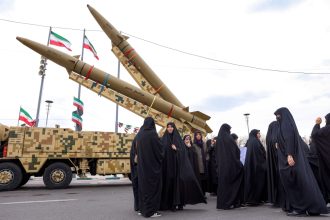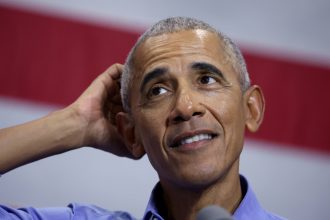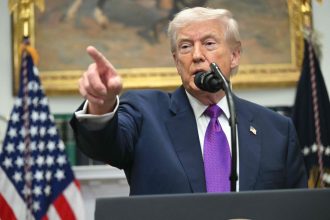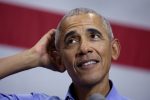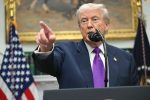TOKYO, July 21 — In a deeply emotional moment for Japanese politics, Prime Minister Shigeru Ishiba is clinging to his position after a punishing electoral defeat that sent ripples through his ruling coalition and raised urgent questions about his leadership, party stability, and Japan’s economic future.
Despite the heavy blow suffered in Sunday’s upper house elections, Ishiba struck a determined tone. On live TV, with visible fatigue behind his words, he insisted he would not step down — not yet. A looming August 1 tariff deadline with the United States hangs over the country, and Ishiba sees these negotiations as a duty he must complete.
“I cannot walk away now,” Ishiba said. “The economy demands stability, and Japan deserves leadership during these critical talks.”
But behind the resolve, political cracks are widening. Analysts warn Ishiba is on borrowed time, especially after losing control of the lower house last year. Sunday’s results only deepened the concern, as opposition parties gained traction by promising tax cuts and stricter immigration policies — policies that resonate with an increasingly anxious public.
“The prime minister may hold on to finish trade negotiations with the U.S.,” said Norihiro Yamaguchi, chief economist at Oxford Economics Japan. “But leadership changes or coalition reshuffles now seem inevitable.”
A Nation Under Pressure
Japanese voters are feeling the pinch of rising consumer prices, and many now fear that Ishiba’s weakened position could force him into deals that lean toward populist demands — tax cuts and increased welfare spending — at a time when Japan already faces crushing national debt.
Markets were closed on Monday for a public holiday, but investor sentiment showed early signs of turbulence. Bond yields jumped before the vote, reflecting fears over fiscal policy drift and a weakened government unable to push reforms.
Outside Tokyo’s Shinjuku station, a frustrated Hideaki Matsuda, 60, captured the public mood:
“We expected at least one issue to be resolved. But we felt nothing. It looks like the U.S. will just continue to push us around.”
Political Turmoil Intensifies
The ruling coalition of Ishiba’s Liberal Democratic Party (LDP) and Komeito won just 47 seats — short of the 50 needed for a majority in the 248-seat upper house. That failure has emboldened the opposition.
Yoshihiko Noda, leader of the main opposition Constitutional Democratic Party (CDPJ), which won 22 seats, is openly considering a no-confidence vote. “These results clearly show the public no longer has faith in Ishiba’s leadership,” Noda said.
Even inside Ishiba’s own party, dissent is growing. Former Prime Minister Taro Aso, a powerful voice within the LDP, reportedly told colleagues he could not support Ishiba remaining in power. Other senior members met quietly Sunday night to discuss possible successors.
The Rise of Populism
Perhaps the most striking development of the night was the surge of the far-right Sanseito party. Once a fringe voice, the group gained 14 seats on a nationalist, anti-immigrant, and conspiracy-driven platform. Their rise signals the potential birth of populism in a country long resistant to such political undercurrents.
Sanseito’s leader, Sohei Kamiya — once a supermarket manager and English teacher — now commands growing influence. Drawing inspiration from populist movements in Germany and the UK, he’s appealing to a Japan that feels uncertain, unheard, and anxious about the future.
As Japan stands at a crossroads, with its leader weakened and its politics shifting, the next few weeks will be crucial — not only for Ishiba, but for the country’s identity on the global stage.



